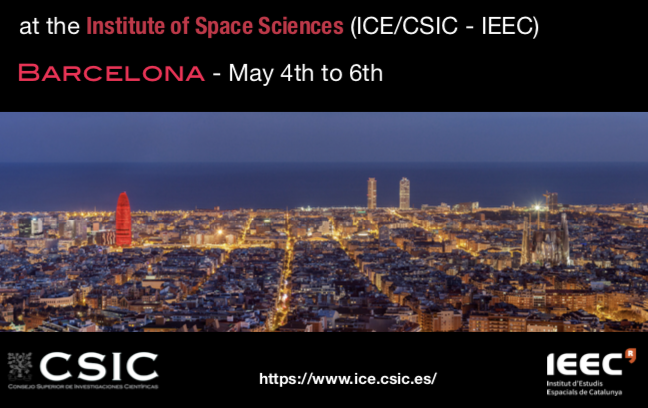Speaker
Description
The study of the large scale structure of the Universe is one of the most robust methods to constrain the current cosmological model. In the very near future we need to be ready to analyse more and better data, from DESI and Euclid surveys. In parallel, the theoretical predictions have also improved to be in line with the quality of data. When it comes to galaxy clustering, the models based on perturbation theory have shown a great performance determining cosmological parameters. Their drawback is that they involve solving complex expressions, which represents a bottleneck in computing time to make statiscal analysis that explore cosmological parameters and test alternative models to LCDM. In order to turn around this difficulties, we have constructed an machine-learning emulator based on the most recent perturbation theory models together with a set of key ideas to minimize the emulation parameter space, while simultaneously keeping the emulator highly flexible, as well as applicable to arbitrary fiducial background cosmologies and a continuous range of redshifts. In this talk we will briefly describe these ideas as well as the design choices. Moreover, we will discuss the achieved precision and summarise some of the most recent results when applying it to measurements of the power spectrum multipoles performed
on mock catalogs.

